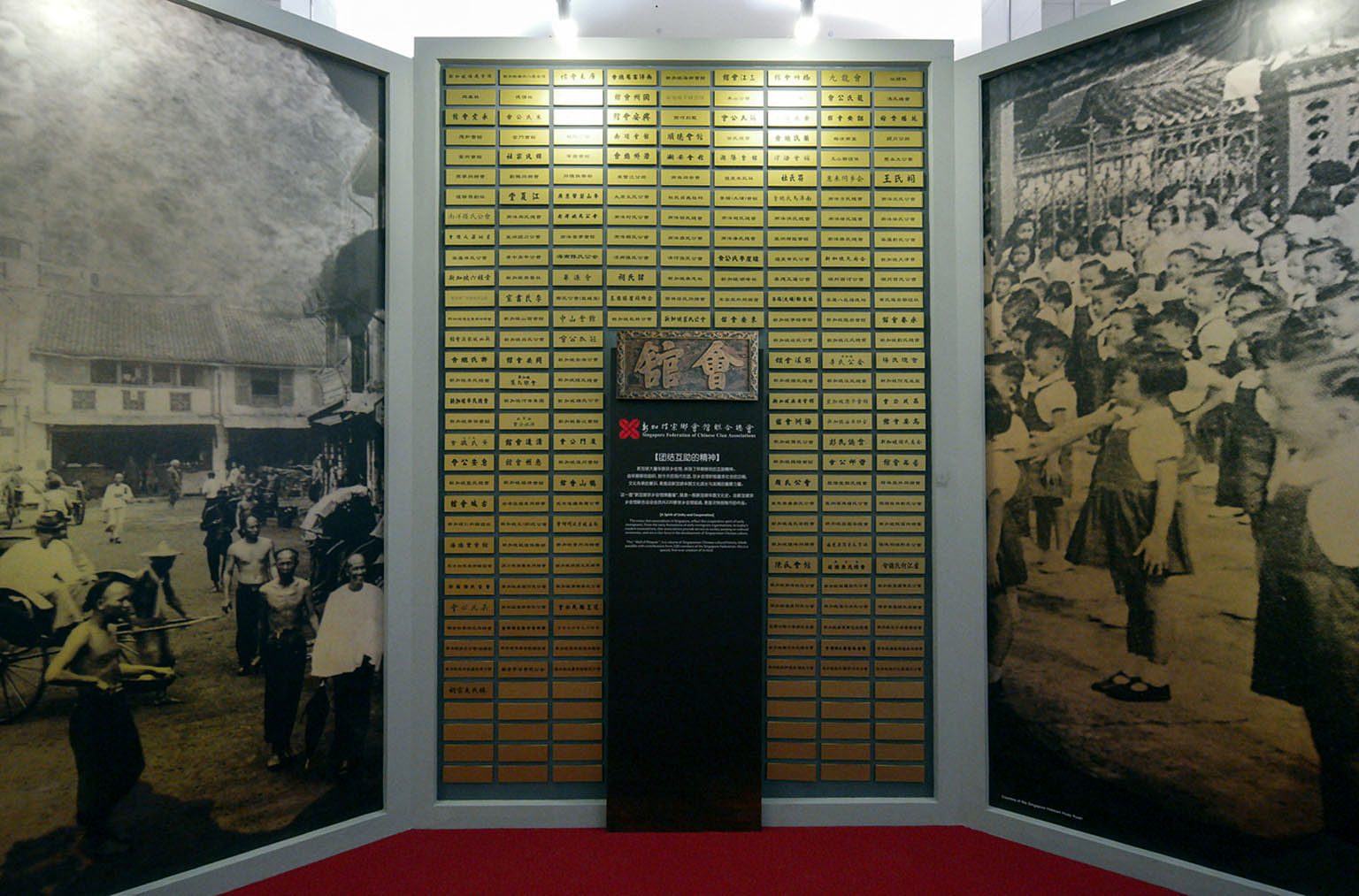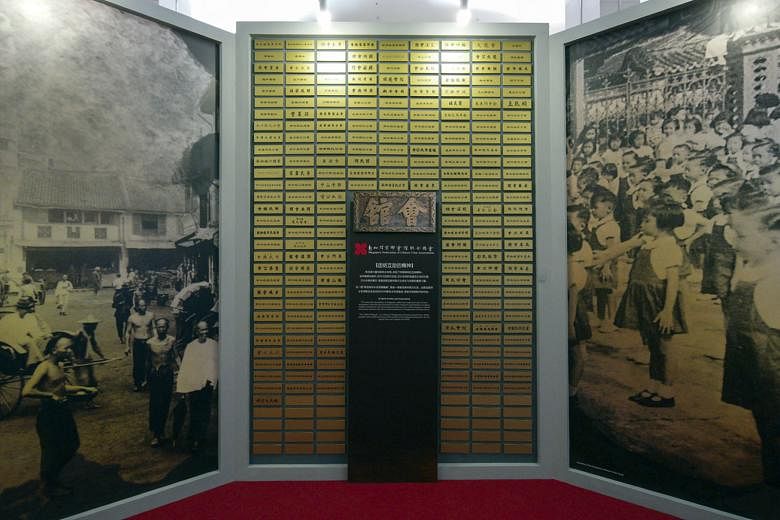An article about the search for a new mission in the digital age by Xie Yanyan published on Dec 25 in Lianhe Zaobao inspired me to pen some of my thoughts on the future direction of Singapore Chinese associations.
I have served in these associations for close to 50 years and have accumulated some experience which I would like to share.
A good place to start is to look at their origin and development.
These groups came about to facilitate communication and bonding among Chinese community members and provide for their welfare. During the period of colonial rule, these associations also took on the important mission of fostering the growth of Chinese education. Members serving in these Chinese associations toiled silently and made major contributions.
Now that Singapore has marked 51 years of independence and has been transformed from a Third World to a First World country, it is meaningful to discuss the current state of Singapore Chinese associations and suggestions for their future developments.
The members of these associations are ageing, with a majority of leaders and active members over 60. There is a distinct possibility that these associations are losing touch and relevance in the digital age.
Xie used the term "digital age" in the title of her article - the new age extends beyond that.
Let us start with education.

The current bilingual policy with English as the official working language will not change for the foreseeable future. Yet Chinese associations still play an important role. Apart from the schools they founded (which are now run by the Government), Chinese organisations and associations can make contributions at the pre-school and primary-school levels. With growing awareness of the importance of Chinese among parents here, associations can launch more courses aimed at children and parents who are eager to learn the language.
There are many Singaporeans who are eager to improve their command of the Chinese language.
Take, for example, a good friend of mine who is responsible for the National University of Singapore's foreign campuses and investments. She did not have a good command of the Chinese language and has recently started to learn Chinese with enthusiasm. She has expended great effort in a bid to cope with the demands of the new age.
In relation to education, Chinese associations can also increase the number of calligraphy and art classes, among others, for children.
There are several associations that currently run such classes and the response has been positive.
Chinese associations are organised and managed along traditional lines. That is in itself not a bad thing as long as there is balance between Eastern and Western styles of management. A renowned professor of management at Harvard University told a group of high-level Asian executives that Harvard's management studies programme is an advanced class in Sun Tzu's Art Of War. With the rise of the Chinese economy, Western and Eastern styles of management should complement each other.
Naturally, what is most difficult is persuading young Singaporeans of the importance of understanding the philosophy behind Eastern management.
Turning to culture, many seem to think that Singapore society is now so globalised that the younger generation does not need a greater understanding of their own history, culture and language. That is not the case. Last month, former foreign minister George Yeo said in a speech that "young people are so outstanding regardless of the fields they are in, from law to medicine and computer science. However, they still need to have some basic knowledge of history and literature or they will lose out… ".
That point is worthy of reflection.
Singapore Chinese associations have made many cultural contributions in recent years.
An example is Ee Hoe Hean Club's Chinese publication, the comprehensive and high quality Ee Hoe Century.
Chui Huay Lim Club's regular screening (once a fortnight) of Chinese movies of high artistic standards has received a positive response. Other activities include those for new immigrants which are tailored to their needs.
Singapore Chinese associations should work with local universities, art schools and institutes of education to jointly organise classes or activities related to subjects such as history, education, management and science. Such cooperation would be mutually beneficial.
Current university students lack humanistic traditions and the traditional values of both Eastern and Western societies.
Many pursue only professional knowledge or fame and fortune; this will have a negative impact on our society as a whole.
Singapore Chinese associations are organisations with long histories. By working and maintaining relationships with the universities, they will be better able to attract new members who are highly educated and of good character, thereby strengthening their development.
On the other hand, the universities will reap great benefits. How they are to cooperate will be for the parties involved to decide.
I am convinced there is a future for Singapore Chinese associations but it is vital to attract the younger generation. Chinese associations should not stick too strictly to conventions nor engage in factional struggles.
In a democratic and liberal society, we should capitalise on the strengths of the young. With that, we will be able to build Chinese associations that are vibrant rather than those which are dull and apathetic.
Local educational organisations and institutions of higher learning should take the initiative and work with Chinese associations.
In doing so, we can aid in the country's economic construction and ensure that the excellent heritage of Chinese culture and history continues to be transmitted to future generations.
- The writer is the director of the Institute of Advanced Studies, Nanyang Technological University.

